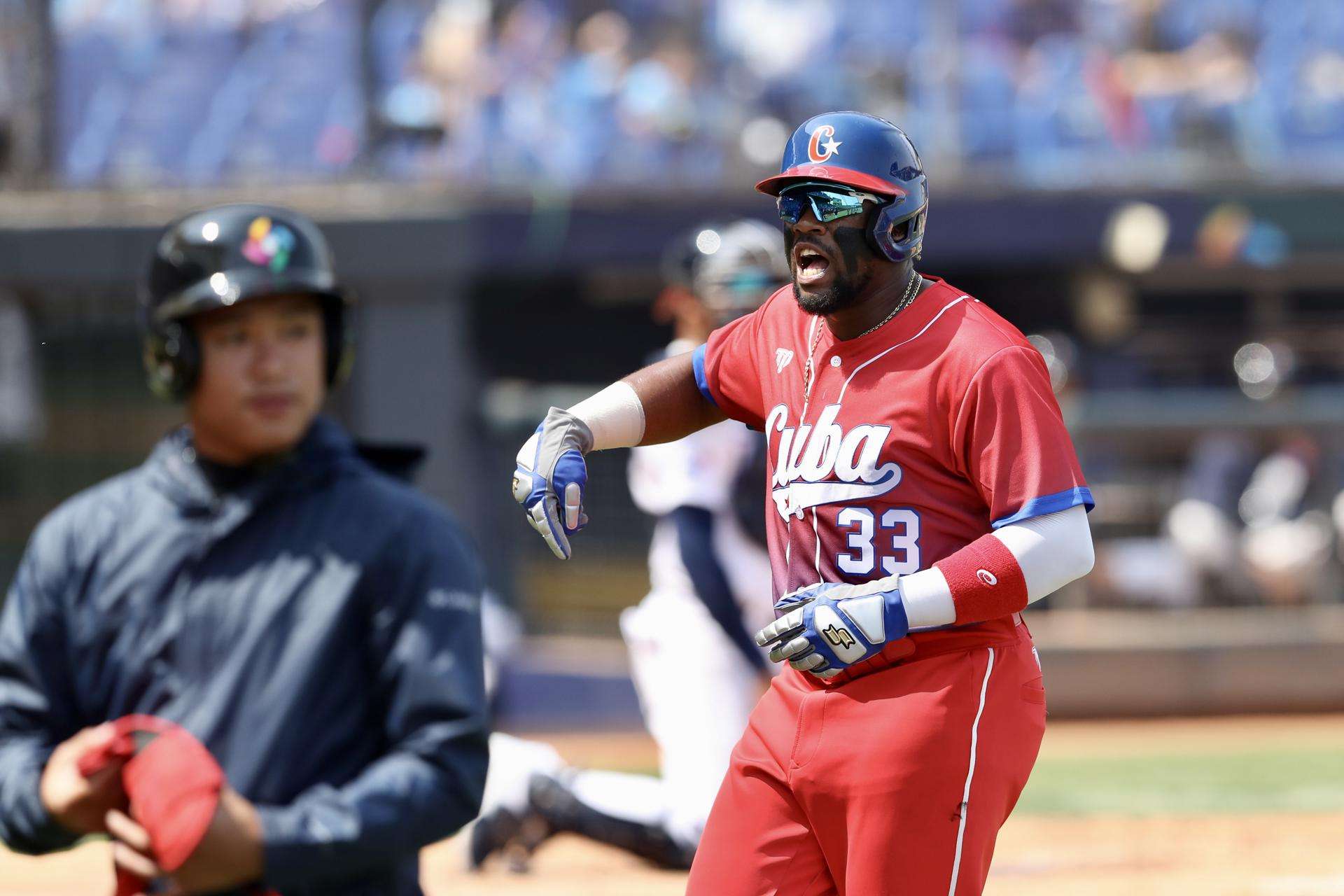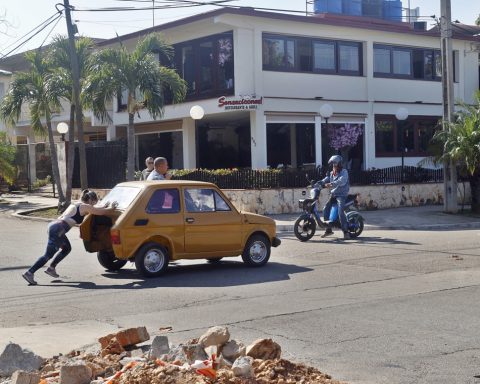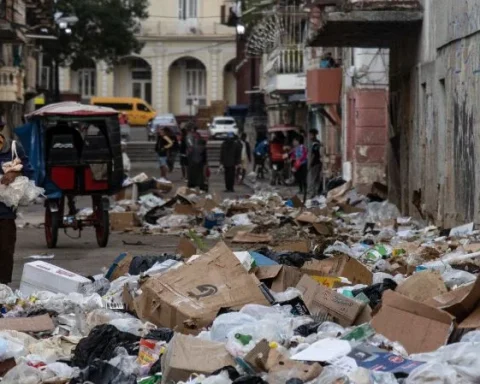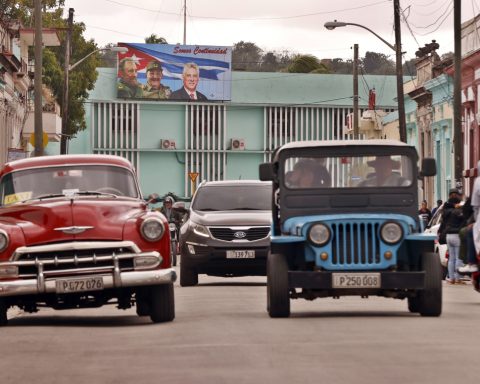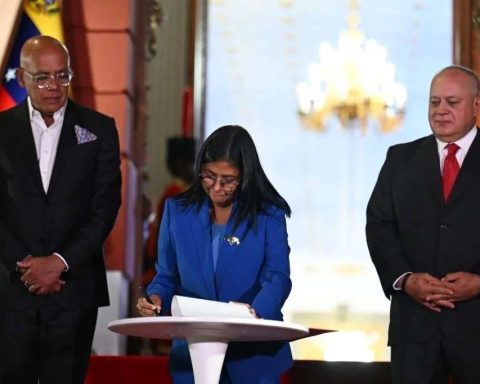Jorge Valdano, one of the most brilliant minds in contemporary football, used to say that the reality of sports teams must always be evaluated in the present tense. The list of winners, the historical results, the background, the past, as well as the projections for the future, have a weight in these evaluations; but what really determines is today.
Valdano’s thought, which is valid for football and any other discipline, is related to a very popular phrase in the sports universe: “A team is not as bad as when it loses, nor as good as when it wins.” Unfortunately, we do not always consider the sentence and we perish before the temptation of being condescending to a team if it wins, and implacable if it is defeated.
That is exactly what happened with the Cuban team in the fifth edition of the World Baseball Classic: after their two defeats against the Netherlands and Italy, we bet on ripping the strips off their skin, and now that they have beaten Panama, we do not skimp on praise. . With this national squad, without a doubt, it is difficult to find the middle ground in the analyzes or make assessments in the present tense, especially since it has been very irregular.
Capable of the best and the worst in very short periods of time, and continuously conditioned by the decisions of a management body that does seem far removed from modern professional dynamics, the ninth Antillean team remains alive in the Clásico, after punishing to Panama and that Chinese Taipei did the first favor of so many that we need by beating Italy.
After these outcomes, it is very risky to predict whether Cuba’s history in the tournament will be short-lived (what everyone thought when they lost to the Netherlands and Italy), or if we will have the opportunity to keep awake for a couple more weeks (what many expect after waking up against the Istmeños).
What is clear is that the island as a whole, in addition to beating Chinese Taipei in the early hours of Sunday as a mandatory element in any qualifying formula, continues to depend on other results to advance to the second round for the fifth consecutive time in the Clásicos, something that is only available to Japan, the United States and Puerto Rico, the only ones that have been among the big eight in the past four editions.
Under the current circumstances, what would be best for Cuba is for Italy and Taipei to lose their remaining two matches (they would end 1-3). If that happens, they would be tied (2-2) with Panama and advance from their recent victory against the Central Americans.
That, let’s say, is the ideal scenario, because the other variants would cause hugs between three or more teams in the group, which would make it necessary to define the positions by tie-break systems in which the races allowed are taken into account, in this order, earned runs allowed or batting average in games between the even teams. Pure mess!
Obviously, the Cuban players cannot be obfuscated. Thinking about the next game against Chinese Taipei is the only thing that matters at this point of the journey. It will be a complex exam, because facing the hosts and feeling the all-consuming pressure from the stands is never pleasant, and everyone doesn’t know how to respond well in those circumstances.
However, after two disastrous games against the Netherlands and Italy, it did not seem so feasible for the West Indian squad to flourish, and they did so with one of the most consistent offensive displays in the history of the World Classic.
To get an idea, they surpassed the 20-hit barrier (21), something that only Australia (22 vs. Mexico in 2009) and Israel (20 vs. Taipei in 2017) had achieved. In this way, they destroyed the team record in the event, which dated from March 12, 2009, when 17 rockets were connected against the Aztec team.
In the individual order, Yadir Drake became the second Cuban with four hits in a World Classic game, equaling the mark of Yoandry Garlobo (vs. the Netherlands in 2006). In addition, for the first time in the tournament’s history, two Cuban players (Yadil Mujica and Yoan Moncada) had four RBIs in the same game.
Precisely, Mujica and Moncada stole the spotlight, not only because of the volume of their production, but also because of the moment their hits came. In the sixth inning of the duel, the infielder Matancero towed the tie and the Cienfuegos player from the Chicago White Sox put the lead in what would be the start of a party of batazos with almost the entire team playing a leading role. lineup.
From the mound, the bullpen once again transmitted the best sensations, just as had been expected since the team was assembled. Miguel Romero and Frank Abel Álvarez, two men who were inexplicably not used in the tense clash against Italy, stepped up and retired five innings with 7 strikeouts and 2 hits to their tally. Likewise, Carlos Juan Viera once again showed that he can get outs in pressure situations.
On the other hand, Ariel Martínez from Matanzas, although he did not produce with the wood, left better feelings than Lorenzo Quintana behind the plate, which possibly guarantees him the title in the coming challenge against the hosts.
Follow the special coverage of OnCuba:
